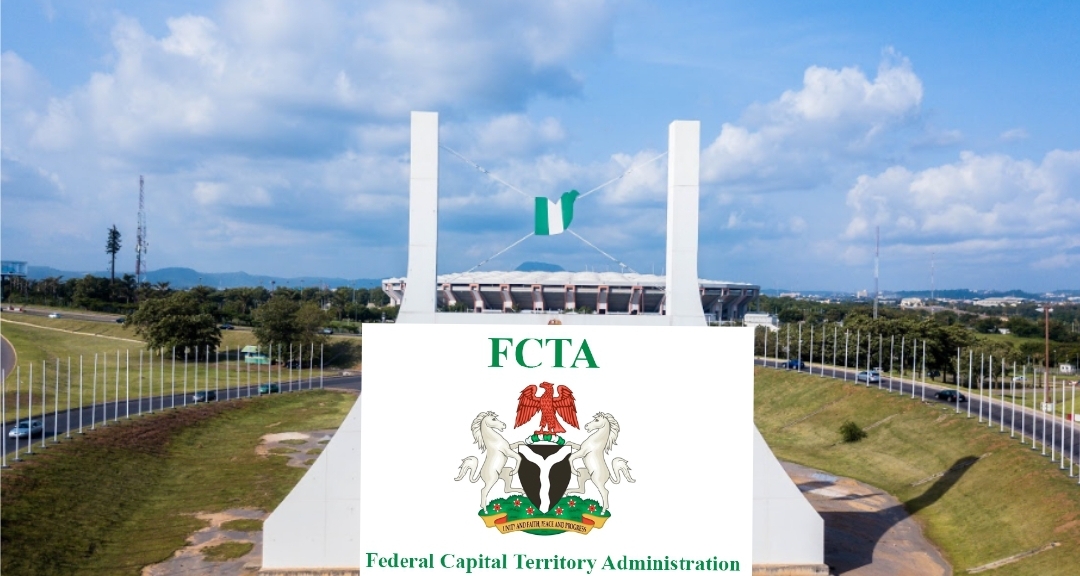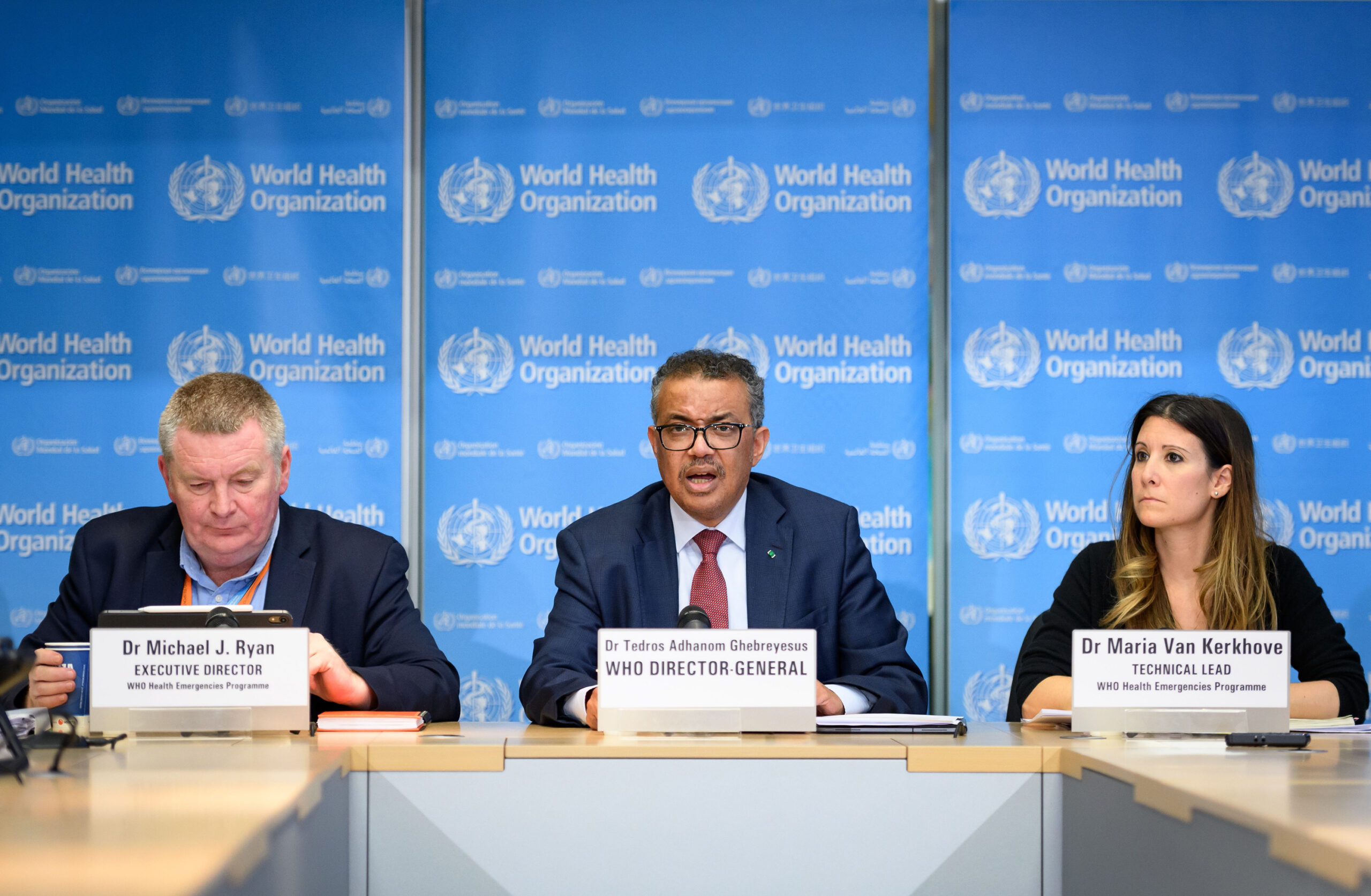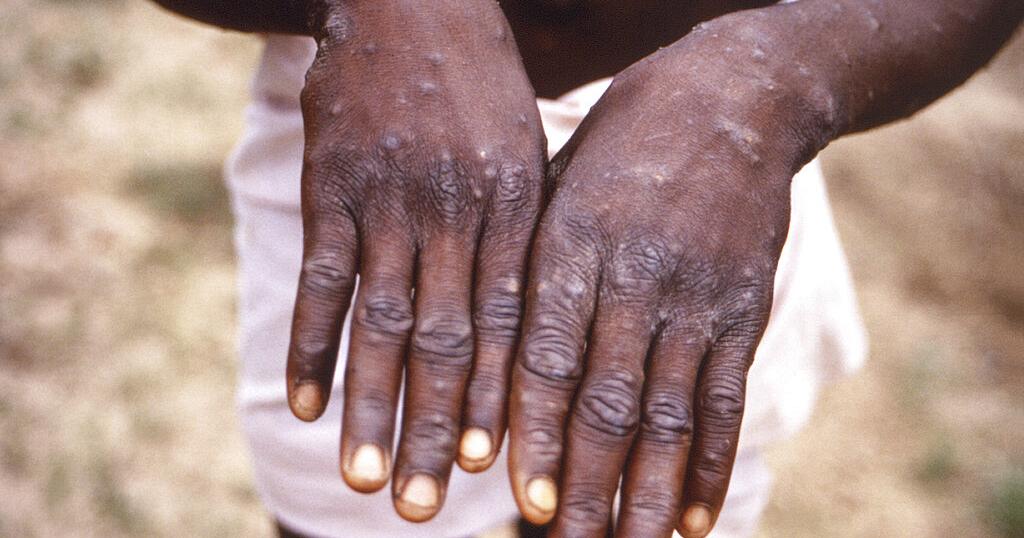By Joyce Remi-Babayeju
The FCT Administration said it has scaled up it’s surveillance system in order to checkmate diseases like Ebola, Cholera, Monkeypox, Meningitis, COVID-19 and measles outbreaks in the Territory.
The FCT Health and Human Services Secretariat , HHSS, said it’s Epidemiology Division is in high alert mode on all diseases capable of posing morbidity on humans.
Director, FCT Public Health Departme Dr. Sadiq Abdulrahaman, disclosed this while briefing the media on the state of preparedness and response of the FCTA health sector, in Abuja.
Accordding to Dr. Sadiq Abdulrahaman, the FCT is on a high alert mode, as part of proactive measures taken, even though it have not witnessed any serious outbreak of the diseases within the year ending,
He explained that periodically, there is a weekly review, in conjunction with FCTA partners like WHO, NCDC and Disease Surveillance and Notification officers, who are key foot soldiers at the Area Councils level.
He said, “for Ebola viral disease, which is a big global disease of public health concern, though it is not yet witnessed in Nigeria except for the last case in 2014, but we are aware that there is already an outbreak in DRC Congo, with so much consequences from quite a number of deaths, and closure of schools. So, here (FCl) we have executed a high alert mode even though we have not witnessed any case yet.”
“So, proactive measures have been taken. Our surveillance system is heightened, and the FCT Administration bought quite a number commodities particularly for these key diseases like Cholera that we witnessed in 2021.”
” We went on advocacy visits to key stakeholders especially in those Area Councils that had high potent of the disease during the outbreak such as AMAC, Kuje and Bwari.”
“The Epidemiological Division of the Department, under FCT Health and Human Services Secretariat (HHSS), have gone into alert mode of all these diseases including incidence managers for COVID-19, Cholera, monkey pox and so on.”
“Also, there is ongoing training retraining of our health workers especially those involved in periodic reporting of these diseases.”
“Of course, with awareness creation and support from stakeholders especially the media is key to getting to the grassroot, as it can only be mitigated if those in the hinterlands get timely and right information, in order to take the right decision concerning their health”.
Dr. Abdulrahaman noted, “For cerebral spinal meningitis, from january to date, we witnessed zero case, for cholera witnessed only two suspected cases, and zero laboratory confirmed; and for viral hemorrhagic fever specially Lassa fever which is endemic, we had 11 suspected cases and only one laboratory confirmed with no death. “
“For measles, we had about 245 suspected cases, and zero laboratory confirmed. And for Monkey pox, which had brought a wave in recent past, cumulatively, we had about 58 suspected cases, with 9 confirmed in the FCT from January to date”.
“On COVID-19, the Director, noted that despite the presidential directive on 12th December, 2022, relaxing of safety measures and travel advisory in the country, there is still emphasis on issues around gathering, the use of masks and travel protocols especially for the vulnerable groups, as the deadly disease still surges in the world.”
“We are not yet celebrating, as the disease has diffused in most countries including Nigeria. So, the pronouncement from the Presidential steering Committee was as a result of sustained reduction in both clinical and laboratory tests visa vice infection transmission of the disease.”
He awarded a good mark on the FCT and said, “Good enough, at the FCT level, we have been recording zero case. From the ongoing test specifically from our public health facilities and registered consortium of laboratories, which have testing travelers, the report still record zero case as at week 49.”



